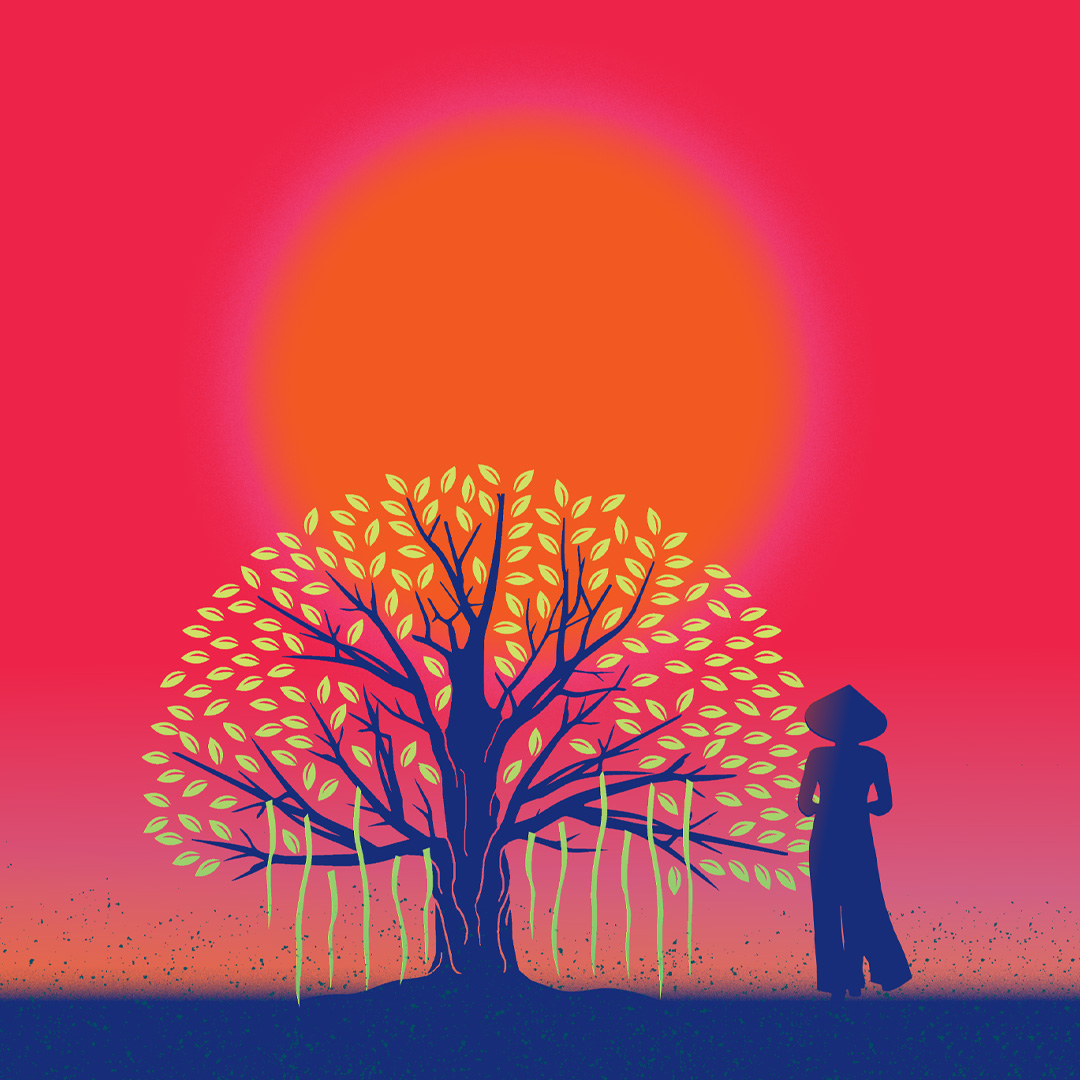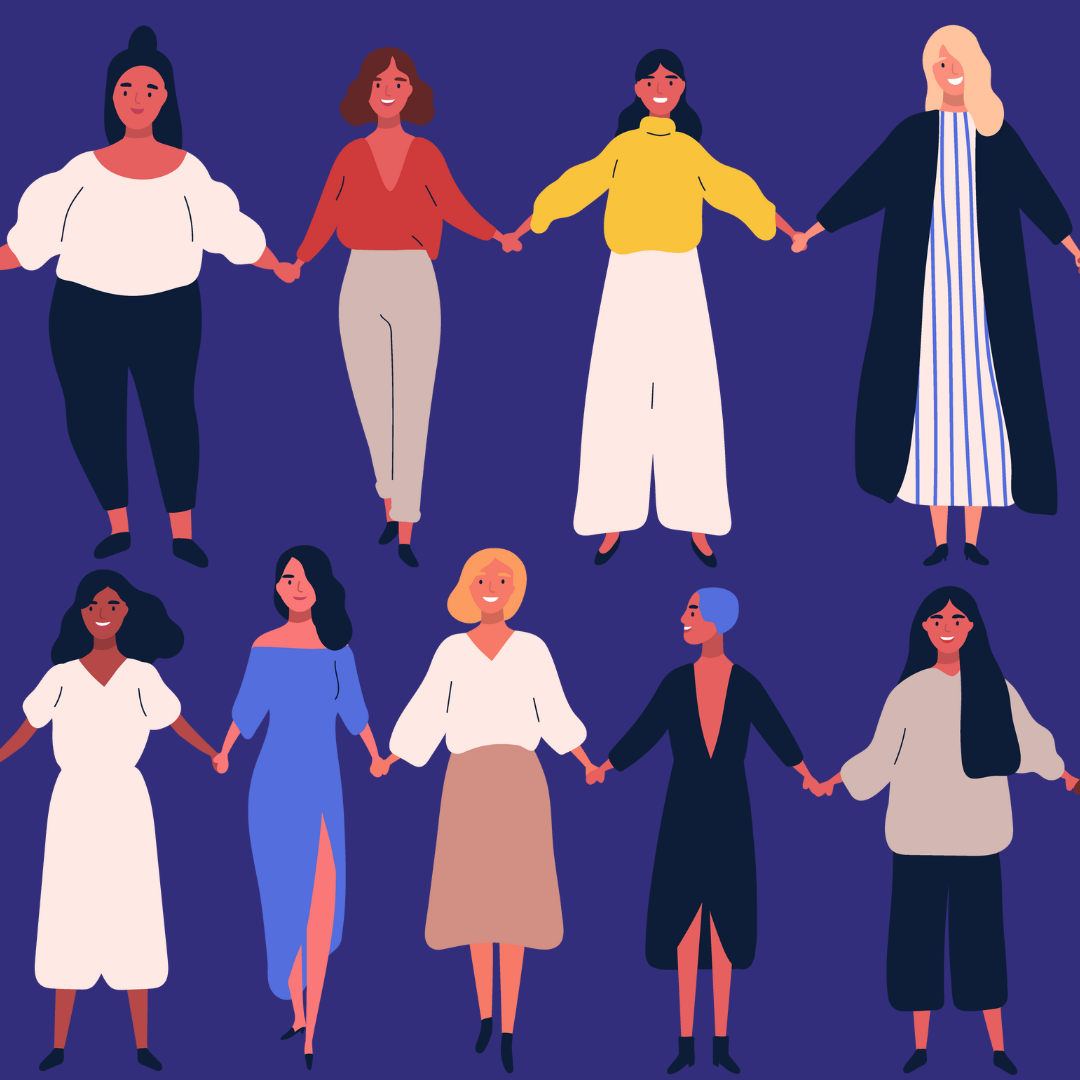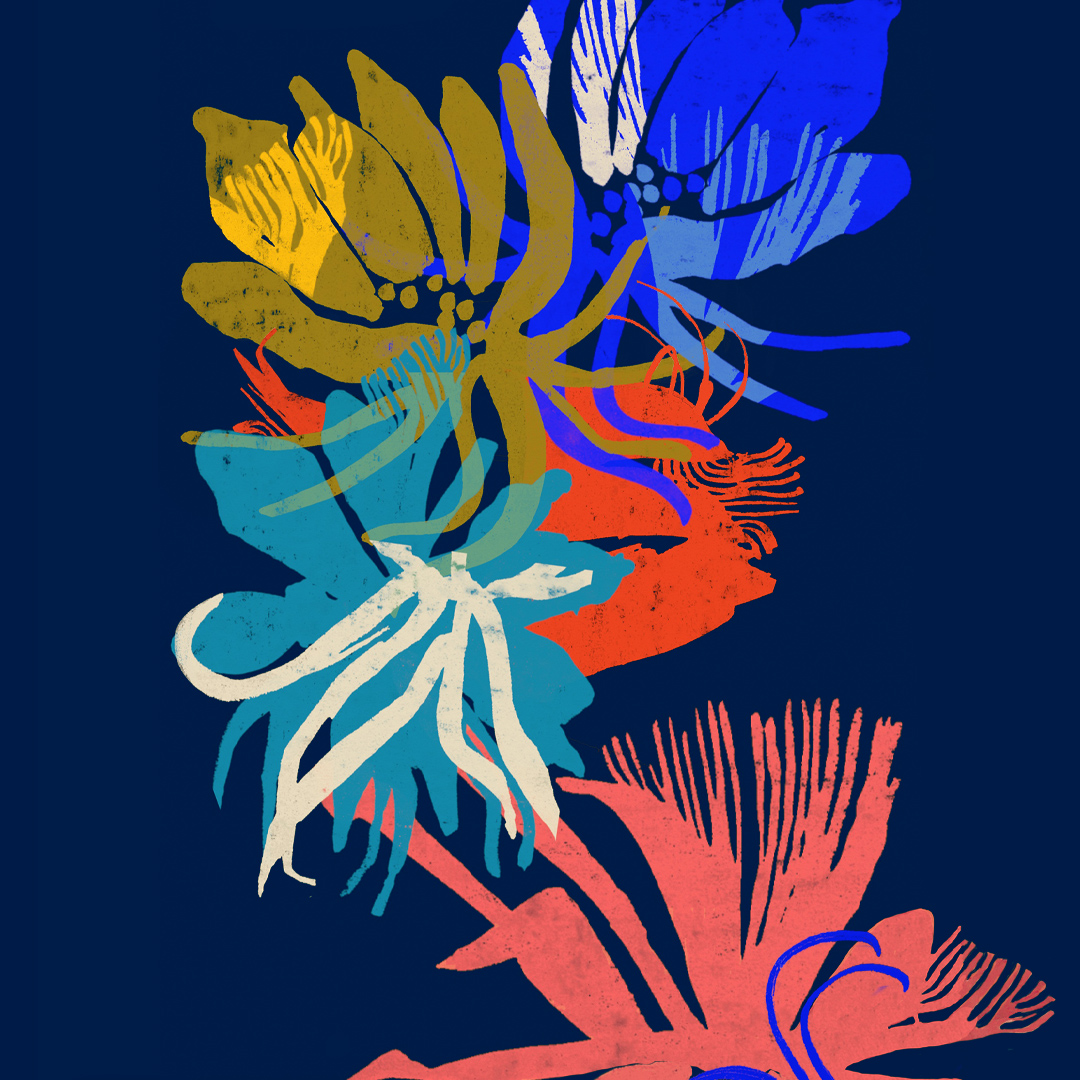“We End Wars by Studying Them” by Jerad W. Alexander
To mark Veterans Day, here’s an insightful essay by Jerad W. Alexander, Iraq War veteran and author of the stunning new memoir Volunteers: Growing Up in the Forever War.
…
When I was a teenager, I lay in bed and read books about war.
I read about generals and privates alike and knew most of the writers of their eras. The authors of Vietnam were the most interesting—Tim O’Brien, Philip Caputo, and Tobias Wolff, the blizzard of others—and asked only that their stories needed to “feel” honest, at least as far as my thin understanding of their war was concerned. I had grown up on military bases and saw up close the machines of war and the hierarchies of the armed services. Still, these books revealed war to me in ways fighter jets and uniforms could not. The books were beautiful and raw. Sometimes they were terrifying. None of them were urging me to enlist. In fact, most of them hinged on the attitude that war was something terrible, the characters victims of its machinery. Many of their books were meant to be read as warnings, even to the point of being didactic.
And yet these books, in part, still sent me to war.
I was fascinated with the experiences of average soldiers partly because I was surrounded by their machinery as a kid raised by parents serving in the military. Beyond that, though, most of the characters were not much older than I was, and I felt a strange connection to their characters, something a teenage boy could latch onto. The world they inhabited was larger and more complex than the staid and petty confines of my high school. They were part of a world that mattered; their lives tethered to the leading edge of history.
As soon as I could, I enlisted in the Marines because of what the authors of Vietnam and World War II showed me, not in spite of it. I wanted to be in their position. I wanted to go to the front lines only after reading The Thin Red Line by James Jones, or Close Quarters by Larry Heinemann. It was impossible not to take O’Brien seriously in The Things They Carried when he described plucking bits of Curt Lemon from the trees after Lemon was killed by a booby trap. And yet it did not matter. I enlisted in the Marines not long after I read all of them. And into the infantry. Certainly some naiveté was at work, that and dumb youth. But that is not a complete picture. I had no ideas of being a hero, and I certainly had no desire to inflict harm on another person. Neither did any of my veteran friends who came into their service the same way.
To me, the best war stories acknowledge the duality of the experience—that war is terrible, but also inherently attractive. An anti-war position may feel virtuous and moral, even a meaningful ideological stance, but it does not reflect the nuances of the human psyche that propel war to begin with. I would not ask for a war, but I would not turn away from one should one start. Service to country was only one aspect of this messy moral equation. To me, experiencing the event was just as important.

I have since been to war. I have been under fire. I can tell you that war is terrible, and I knew this even before I went. I can blather on now with the typical vocabulary we use to describe war and death. Some of it is accurate. But I cannot excoriate war entirely. To do so would mean, at least to me, boxing war into an aberration, turning away from aspects of human nature that beg for study beyond the rote nod we give to its terrors and traumas and notions of service. It allows us to forget that people—us, we—start wars.
In the introduction to her collection The Face of War, famed war correspondent Martha Gellhorn refers to war as “a malignant disease,” as if war is a pathogen outside the body that infects us, hijacking our collective immune system, forcing us to turn on each other. I have always struggled to accept this definition, namely because it gives us an out, a way of excusing our behavior toward one another instead of acknowledging that war is us—an ugly and equally natural component of humanity. I am a part of a generation of Americans that volunteered to fight in war, therefore I can neither be completely anti-war, nor pro-war. The act of volunteering for a war is morally complex and conditional. There is a duality to war in human nature, an abhorrence of it and an attraction to it.
I only need to look at the last twenty years of war in our culture. The biggest video games released, almost yearly, are first-person shooters set on modern battlefields. Men and women dress in period costumes and reenact the experience of soldiers—from the American Revolution all the way to Vietnam. The most prolific and easily recognizable firearm in the national zeitgeist—the AR-15—is similar to the weapon I used overseas. We parade war criminals in our political theater—men like Eddie Gallagher and Clint Lorance. There are few bigger questions than why the human psyche is so attracted to these instruments and figures of violence.
Our motivations for starting wars, and how long it takes us to end them, point to our general acceptance of war as a concept. Why do we honor the sacrifices of soldiers but do little to curtail the need for their sacrifices to begin with? These questions motivate me, but they also neuter any binary ideas of anti-war art as some sort of high-minded analgesic to the uglier ends of our nature.
Reckoning with these questions, which I’ve tried to do in my own work, means reckoning with our culture, our history, but also humanity at large, our psyche. Reckoning with these questions means coming to a complete understanding of ourselves. Looking at war in the face, not turning away from it, has to be the most anti-war thing one can do.
…





